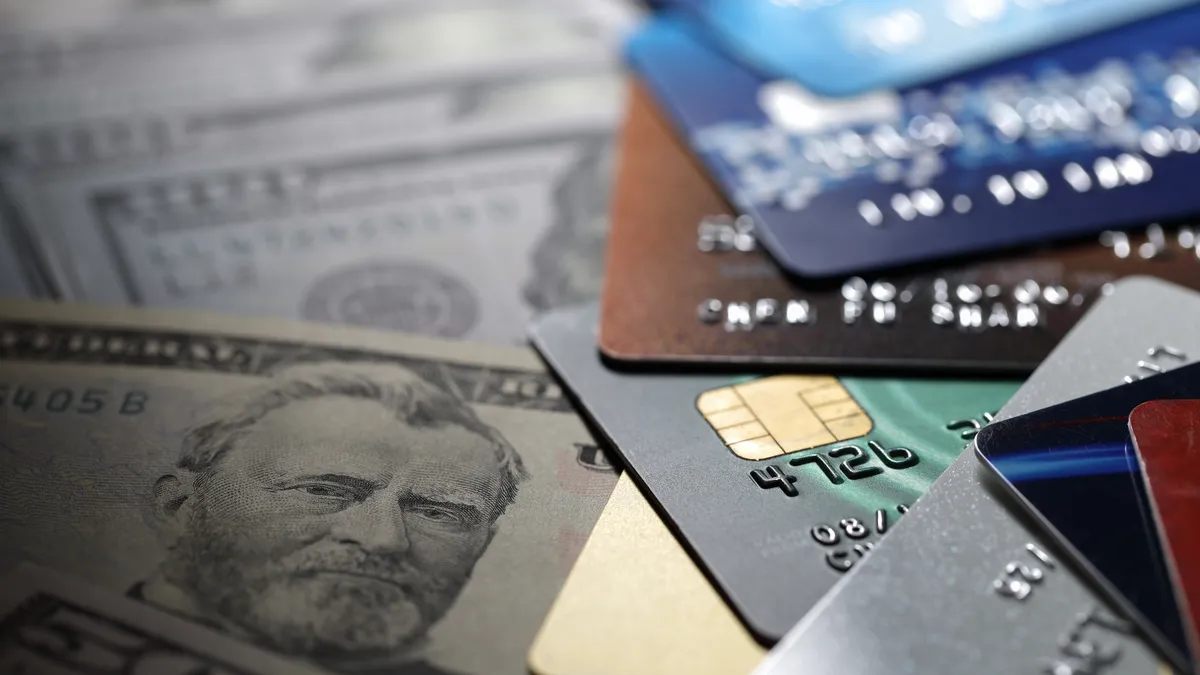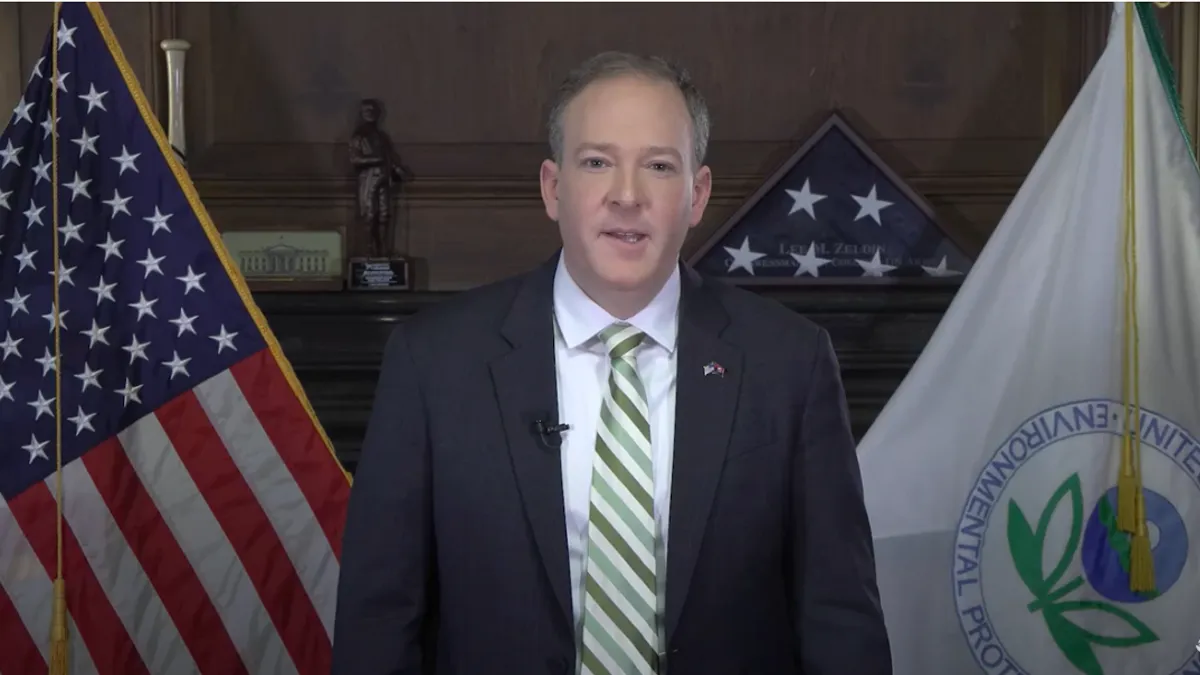At least a dozen U.S. cities have launched basic income pilot programs in recent months, representing a major jump over the past year.
To date, about 100 programs, policies and experiments that offer residents direct cash payments with no strings attached have launched in North America, according to the Stanford Basic Income Lab, which tracks such pilots. That number will soon grow as researchers say more cities are set to launch their own programs.
The pilots span the United States: Austin, Texas; Evanston, Illinois; Lansing, Michigan; Los Angeles County; Louisville, Kentucky; and Minneapolis, among others. Advocates and researchers said drivers of the increased local momentum this year include federal funding for cities through the American Rescue Plan Act, pandemic-era cash support such as stimulus checks (which may represent a tipping point in favor of such programs in the public sphere) and a growing focus on racial and wealth inequities since 2020.
“It's stunning how things have evolved, not because any of us had control over it,” said Sean Kline, associate director of the Stanford Basic Income Lab. “Historic change happens when windows open around events that no one could have anticipated, like COVID.”
Differing interpretations
The local programs aren’t exactly alike. Eligibility, duration, dollar amount and the number of participants vary depending on state law, funding levels and the availability of other local resources. In Baltimore, 200 young parents will receive $1,000 per month for two years through ARPA funding, for example, while New Orleans’ program will send 125 recipients $350 monthly for 10 months using money from a grant. Other programs offer payments to transgender and nonbinary residents, undocumented immigrants or people who were formerly incarcerated.
The pilots share an underpinning theory, though: That handing people unconditional cash will help them better meet their everyday needs, leading to improved outcomes at the individual and community levels.
Early basic income projects show promise. In Stockton, California, which in 2019 launched the first major pilot in the U.S., recipients reported improved mental health and financial stability halfway through the two-year demonstration. And while critics of such programs argue that unconditional cash will disincentivize people to work, recipients were more likely to have full-time jobs than at the beginning of the program, according to a program analysis conducted by independent researchers.
“We're talking about sufficiency and consistency – this isn't about making people rich,” said Robin McKinney, co-founder and CEO of the CASH Campaign of Maryland, Baltimore’s nonprofit partner for its pilot. It began sending payments in August.
The emerging demonstrations more closely resemble guaranteed income, which targets payments to a smaller group of people, than a universal basic income, which would be available to all. That’s partly due to the logistic realities of administering small-scale, city-level experiments.
But with the guaranteed income approach, “you can never perfectly target funds to everyone in need, so you end up leaving people out,” said Elaine Maag, a senior fellow in the Urban-Brookings Tax Policy Center at the Urban Institute who favors UBI.
In Baltimore, McKinney said the initiative aims to improve early childhood outcomes, which led program leaders to focus on 18-to-24-year-old parents, and that building the “evidence base of different pilots helps us understand the nuances of how it works for different populations.”
In Minneapolis, leaders hope the two-year project will show that a basic income could help families in Minnesota’s rural and suburban communities.
“We need to make the evidence that this has a benefit broadly, not just in urban areas,” said Mark Brinda, manager for the city’s Employment and Training division. He said pilot recipients received their first payments in June.
Not all of the pilots have gone off smoothly. Pittsburgh killed its planned guaranteed income pilot in April after a conservative advocacy group raised legal concerns about the program’s requirement that half of the monthly $500 payments go to Black women.
Evolving ideas
Meanwhile, in San Francisco, a judge recently struck down a ballot measure that organizers had claimed would fund a permanent basic income for low-income residents by increasing taxes on e-commerce giants like Amazon, but would actually hurt hundreds of small businesses and cost the city’s general fund about $10 million annually. Local organizers said they plan to bring a revised measure to voters next year.
Ultimately, basic income advocates want to use the city-level pilots to build the argument that such policies could work at the state or federal levels. Maag said a direct cash program could be done through the federal tax system, using the advanced child tax credit of 2021 as a model.
A federal UBI program might seem unlikely, given the ever-shifting political tailwinds in Washington, D.C. But Kline said advocates are less focused on implementing UBI itself and more on infusing its principles throughout the social safety net, meaning the basic income movement may shift its focus to cash-based social policies more broadly in the future.
“At the national level, I don't think there's many people scrambling to propose a definitive UBI policy,” Kline said. “I think there is a very smart narrative around the power of unconditional cash … and to recast what the social safety net could be, even for middle class and upper middle class people.”



















